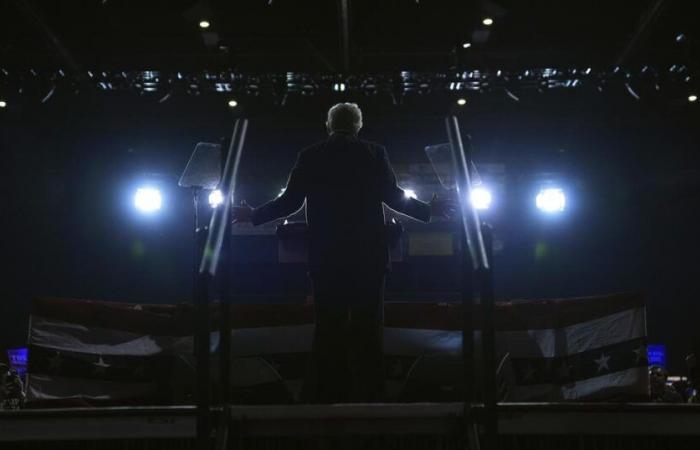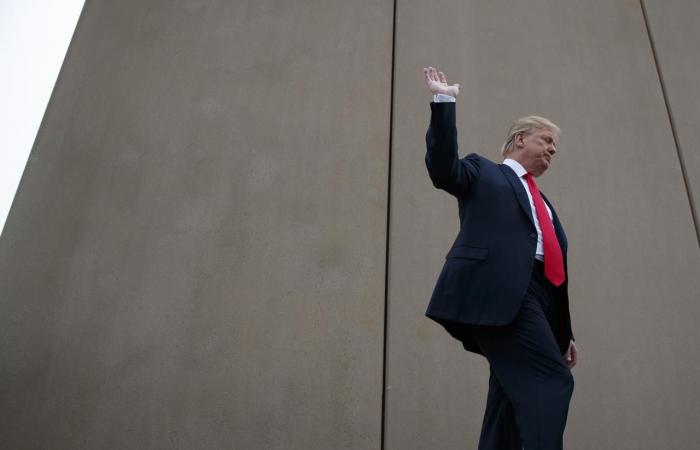The American electoral campaign which has just taken place is not the only example which confirms that “fact checking” must be carried out relentlessly. What are the advantages of this process? And what does it mean to live in a world where political statements are constantly verified?
“In Springfield, they eat dogs. Migrants eat the pets of people who live here. And that’s what’s happening in our country. It’s a shame.” With this famous lie, Donald Trump triggered a wave of indignation during a campaign debate in the run-up to the American elections.
It quickly became apparent that these comments were fabricated. ABC News investigated the allegation and contacted the city government of Springfield, Ohio. Official confirmation: No such incidents have been reported. Trump’s accusation that migrants eat pets is deliberate misinformation.
The rise of fact-checking
With the rise of “fake news”, “fact-checking” has become an integral part of political discourse in the United States. Platforms such as PolitiFact et FactCheck.org were created to expose false claims and disinformation. This task is essential during election campaigns, as political actors such as Donald Trump use disinformation to promote their own agenda and undermine trust in the media.
In the past, the term “fake news” was mainly used on satirical shows such as the “Colbert Report” to deal with false information in a humorous way. However, during the 2016 presidential election campaign, the term was turned into a political weapon. Donald Trump has strategically used the term “fake news” to label critical reporting as “fake” or “biased.” These attacks on media credibility have led to a profound loss of trust and continue to polarize society.
External content
This external content cannot be displayed because it may collect personal data. To view this content you must authorize the category Social networks.
Accept More info
The creation of a new reality
A turning point in the debate over truth and lies was the introduction of the phrase “alternative facts” by Donald Trump advisor Kellyanne Conway in January 2017. She called the White House’s claims about the numbers participation in Donald Trump’s inauguration of “alternative facts”. This term symbolizes a new communication strategy: the truth is distorted or ignored in order to create an alternative reality that serves one’s own political goals.
Sociologist Nils C. Kumkar, author of the book “Alternative Facts,” notes a worrying development in the modern media landscape: “It’s not just about spreading untruths,” he explains, “but create an alternative reality in which unpleasant truths can be ignored.” This development is symptomatic of a society in which people increasingly block out information that does not correspond to their own worldview.
Who controls the fact-checkers?
With the rise of the Internet and social media, the role of fact-checkers has become increasingly important. Lucas Graves, professor of journalism and mass communications at the University of Wisconsin, describes this shift. “The first professional fact-checker was FactCheck.org, founded in 2003.” Platforms like Snopesoriginally launched to fact-check rumors and urban legends, began to focus increasingly on fact-checking political statements.
Despite their importance, fact-checkers are not exempt from criticism. Skeptics accuse them of being politically biased themselves. In an environment as polarized as that of the United States, it is difficult to be perceived as neutral. The book “Fact-Checking the Fact-Checkers” criticizes the fact-checking industry for becoming a tool of the political left. This view reflects the growing loss of trust in supposedly neutral authorities, particularly in highly polarized political circles.
Fact-checking: solution or part of the problem?
Although fact-checking has become essential in the digital age, it does not solve the fundamental problem of loss of trust in the media. As Nils C. Kumkar points out, emphasizing the need for fact-checking has a paradoxical effect. “The more we emphasize the need for fact-checking, the more distrust of everything grows. This distrust is also increasingly directed against the fact-checkers themselves, as many people feel that more nothing and no one can be trusted.”
The challenge is to balance the need for fact-checking with building trust in the media. Fact-checkers must not only expose disinformation, but also strengthen public confidence in their independence and objectivity.
Sven Ahnert (SRF)







